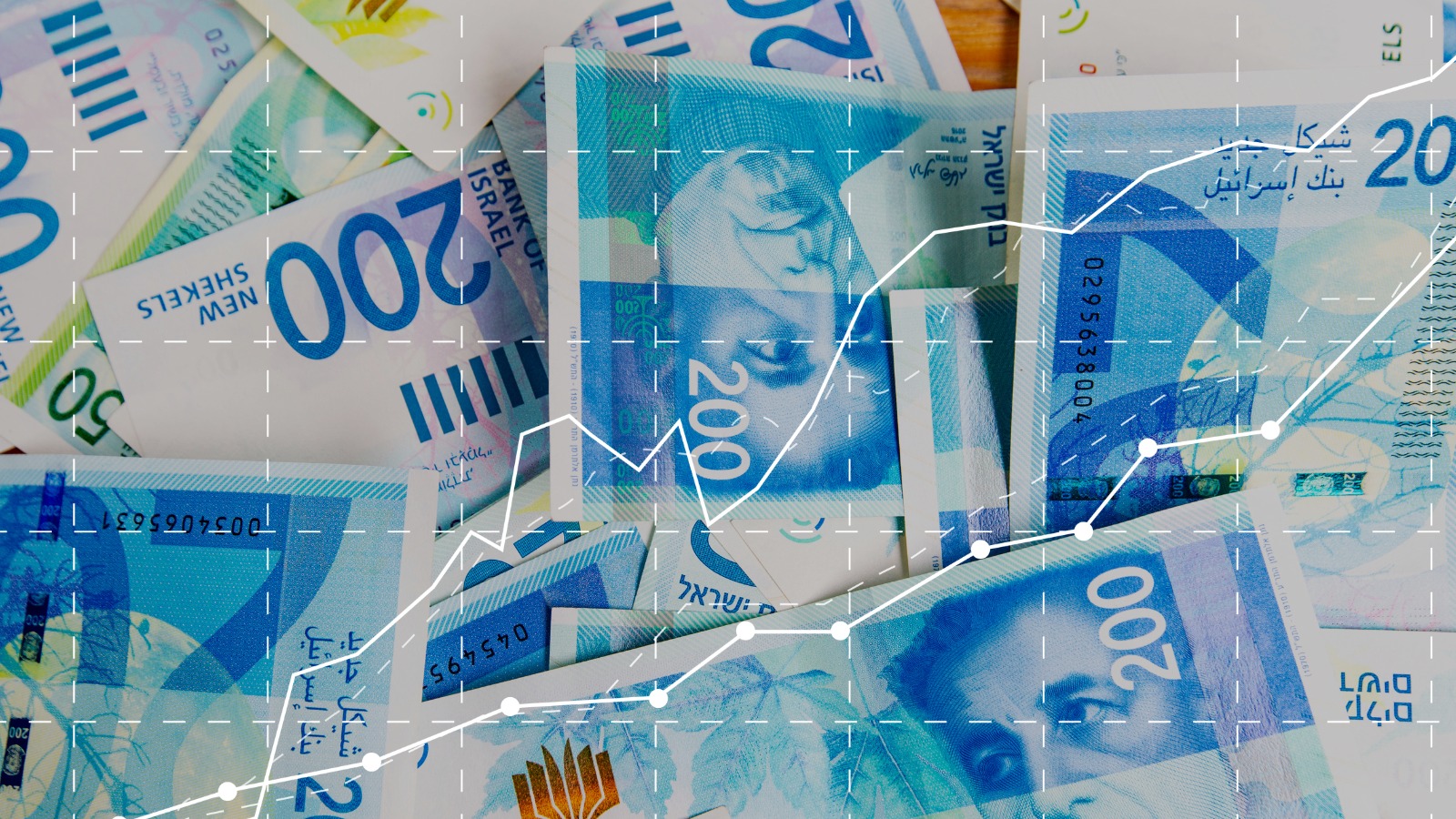Publications
Spotlight, September 6, 2023
To understand the economic implications of the political crisis in Israel, we should closely monitor the currency exchange rate and the performance of the local stock market. These indicators reflect, in real-time, the sense of the general public, specifically stock investors, and serve as a “financial seismograph” for understanding current events. As the chart demonstrates, since the beginning of the year a significant gap has emerged between the performance of the Israeli stock market and that of its counterparts in the developed world. As a result, investors in the local market have lost a potential gain of about 15 percent since the beginning of the year. These investment losses in the Israeli market are intensifying due to the weakening of the Israeli currency. The shekel weakened by about 3.5 percent against the US dollar during a period when most currencies of developed countries strengthened. According to a study by the Bank of Israel, the judicial overhaul brought about a depreciation of the shekel of about 10 percent of its value. The exchange rate has direct and immediate consequences for the welfare of the public in Israel, as it raises the price of imports and increases inflationary pressures. Along with a relative decline in foreign investments in the Israeli hi-tech sector, the losses impacting the Israeli economy since the Minister of Justice presented the planned judicial overhaul exceed NIS 150 billion.



